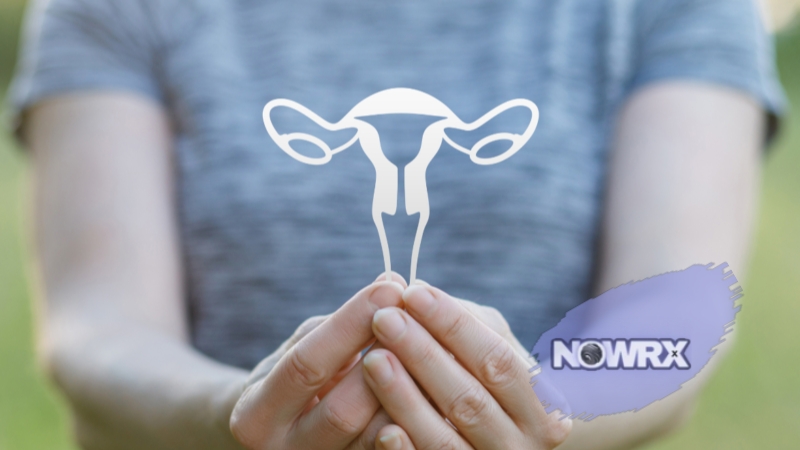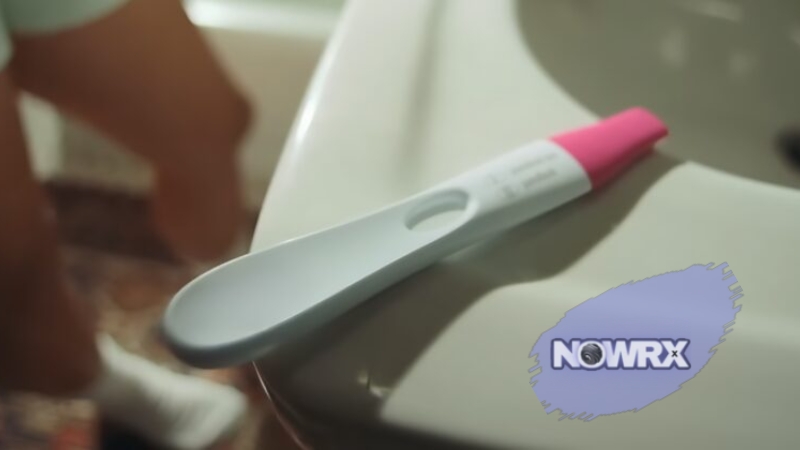Fasting, a practice I’ve tested on myself for its numerous health benefits, often leaves me pondering about the best ways to maintain nutrient intake. I’ve gathered insights and information that I believe are crucial for anyone considering or currently engaging in fasting.
I aim to share my findings and experiences, shedding light on how to effectively manage vitamin and supplement intake during fasting periods.
Today, I’ll be talking about several factors:
- Fasting significantly alters dietary habits, impacting the intake of essential vitamins and nutrients.
- Understanding and managing vitamin routines is vital for maintaining health and well-being during fasting.
- Generally, taking vitamins, especially those without calories, does not break a fast.
Buckle up and let us begin.
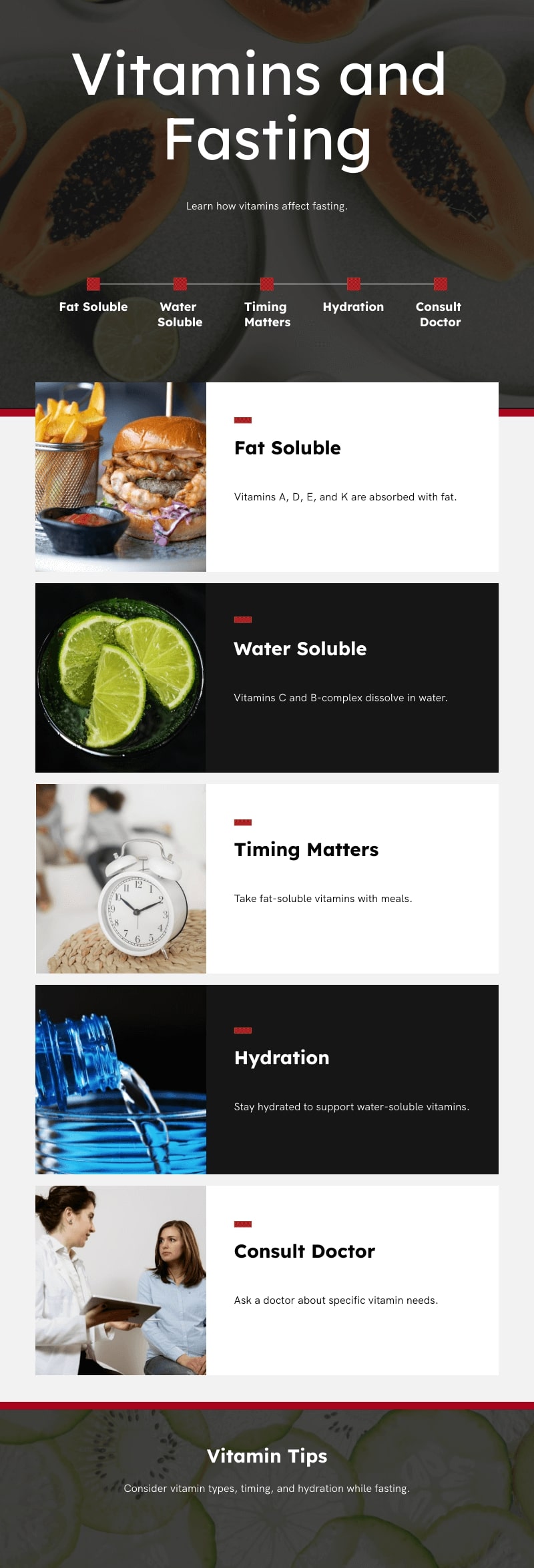
The Impact of Fasting on Vitamin Routine
Fasting, by its very nature, brings about significant changes in our dietary habits, which invariably affects our intake[1] of essential nutrients. The extent to which this impacts our health is contingent upon several factors, including the duration of the fast and our nutritional state before embarking on the fast.
For individuals who accept fasting as a part of their lifestyle, it becomes imperative to understand and manage their routine effectively to safeguard their overall health and well-being.
Managing Vitamin Intake During Fasting

This is a critical question for fasters. Generally, taking vitamins doesn’t break a fast, especially if they are calorie-free and don’t stimulate an insulin response[2]. However, the type of vitamin supplement and its additional ingredients can potentially break a fast.
To maintain adequate vitamin levels during fasting, consider the type and timing of supplements. Water-soluble vitamins might be more tolerable on an empty stomach, while fat-soluble vitamins are best taken during eating windows with meals containing fats.
Nutritional Intake and Fasting
When you fast, especially during prolonged periods, your regular intake of minerals found in food is substantially reduced. This can lead to potential deficiencies, particularly if your diet before fasting wasn’t rich in essential nutrients.
The impact of fasting on your vitamin and nutrient levels largely depends on your nutritional status before you begin fasting.
If you had a well-balanced diet rich in vitamins and minerals, your body might be better equipped to handle short-term fasting without significant nutrient depletion. Of course, there is the question of how long it takes for vitamins to work.
“An increase in vitamin D levels after fasting compared to a normal diet. This is strengthening the observations from earlier studies, which reported 8 to 10 days of fasting can increase the levels of serum vitamin D.” – Nutr Metab Insights report, 2022[3]
Metabolic Changes During Fasting
One of the most profound changes during fasting is the shift in the body’s primary energy source.
The body moves from relying on glucose, derived from carbohydrate consumption, to breaking down stored fat for energy.[4]
This metabolic shift, known as ketosis, has implications for how vitamins are absorbed and utilized.
Supplements to Take During a Fast
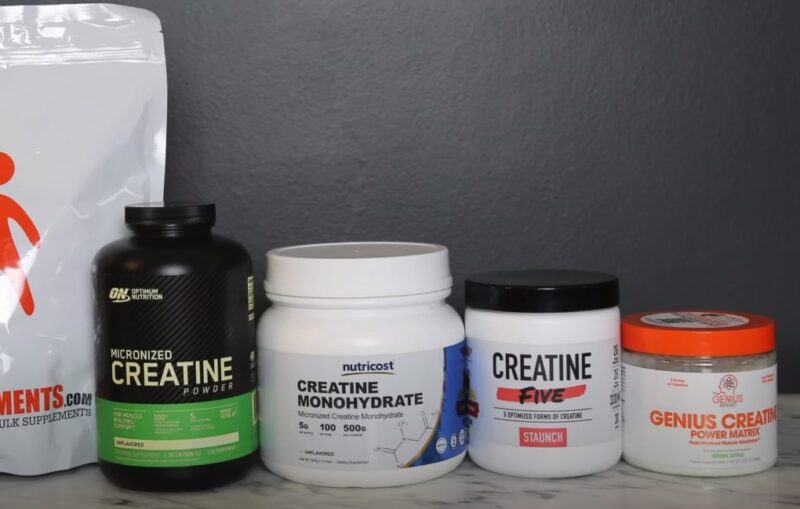
Certain supplements can be safely taken during a fast without breaking it. These include:
| Supplement | Description | Key Points |
|---|---|---|
| Creatine | Popular for enhancing exercise performance. | Contains no calories and does not affect insulin levels, suitable for fasting periods. |
| Electrolytes | Essential for bodily functions. | Can be taken if they contain no sweeteners or calories. Includes potassium, sodium, and calcium. |
| L-tyrosine | An amino acid that supports mood and stress management, which is as part of SAM. | Can be taken on an empty stomach, unlikely to break a fast in lower doses. |
| Probiotics and Prebiotics | Beneficial for gut health. | Some probiotics are best taken without food. Prebiotics can be consumed during fasting if they contain no sugar or net carbs. |
| Water-soluble Vitamins | Includes Vitamins B and C. | Can be taken with water during fasting. B-complex might cause nausea if taken without food. |
Supplements to Take with Food

Certain supplements are best absorbed with food or might break a fast, so they should be saved for eating windows. These include:
| Supplement Type | Description | Key Points |
|---|---|---|
| Amino Acids | L-glutamine and BCAAs | Can raise insulin levels and break a fast. |
| Curcumin and Omega-3 Fatty Acids | Better absorption with food | Should be taken during eating windows for optimal absorption. |
| Chromium and Vanadium | Minerals that can affect blood sugar levels | Might lower blood sugar levels too much during fasting. |
| Fat-soluble | Vitamins A, D, E, and K | Need to be taken with a meal for proper absorption. |
| Gummy | Often contain sweeteners and protein | Can break a fast due to their content. |
Drinks and Fasting

The role of beverages during fasting is a topic of considerable interest and importance. What you drink can significantly influence the effectiveness, as well as your overall comfort and nutrient intake during this period.
Knowing which drinks are suitable and which might inadvertently break your fast is crucial for anyone engaging in practices.
| Drink/Aspect | Description | Key Points |
|---|---|---|
| Black Coffee and Unsweetened Tea | Minimal caloric content, generally acceptable for fasting. | Offers antioxidants, enhances alertness (coffee), and provides a soothing effect (tea). Avoid adding sugar, milk, or cream. |
| Bone Broth | Nutritional benefits with minimal calories and protein. | Suitable in small quantities for most fasts, provides electrolytes and nutrients. Consume during eating windows for autophagy-focused fasts. |
| Hydration | Essential for maintaining bodily functions during fasting. | Water should be the primary drink for hydration and hunger management. |
| Electrolyte Balance | Important for longer fasts to maintain bodily functions. | Use sugar-free electrolyte supplements to prevent imbalances during extended fasts. |
Types and Their Compatibility
Vitamins are generally categorized into two groups: fat-soluble and water-soluble.
Fat-Soluble Vitamins (A, D, E, K)
Fat-soluble vitamins are stored in the liver and body fat[5] and require dietary fats for proper absorption. They are integral to various bodily functions, including immune system support, bone health, and antioxidant protection.
During fasting, particularly short-term fasts of less than five days, the body taps into its fat reserves for energy, potentially mobilizing these stored vitamins. Without concurrent fat intake, the absorption[6] of additional fat-soluble vitamins can be significantly reduced.
This means that supplementing with these vitamins during fasting might not be as effective as when taken with meals containing fats. If you’re considering supplementing with fat-soluble vitamins, it may be more beneficial to time their intake during your eating windows, especially with meals that include healthy fats like avocados, nuts, or olive oil.
Water-Soluble Vitamins (B-Complex, C)
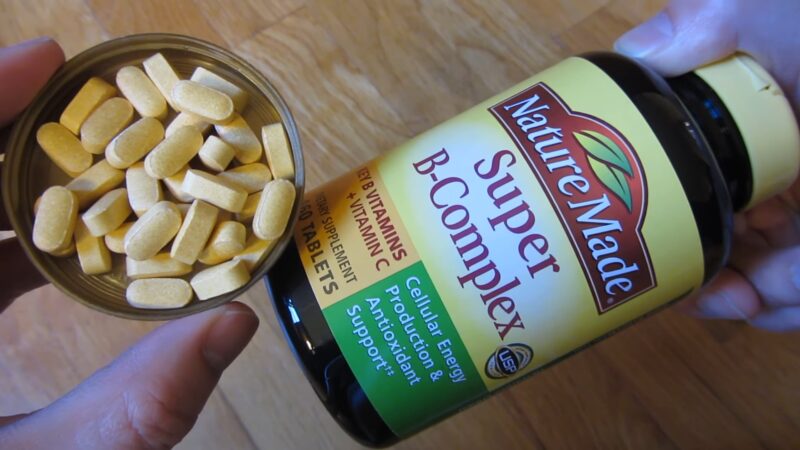
Unlike fat-soluble vitamins, water-soluble vitamins are not stored in the body in significant amounts. Excess amounts of these vitamins are typically excreted in urine, making regular intake important.
Water-soluble vitamins, particularly B-complex and vitamin C, can generally be taken on an empty stomach. Some individuals might experience nausea or gastrointestinal discomfort when these vitamins are consumed without food.
For shorter fasts, the body’s existing stores and recent dietary intake are usually sufficient to maintain adequate levels. In extended fasts that go beyond a week, the risk of depletion increases, and supplementation might become necessary to prevent deficiencies.
If you’re undertaking a prolonged fast, consider supplementing with water-soluble vitamins to maintain adequate levels. However, be mindful of the form of the supplement, as some might contain added sugars or other ingredients that could break the fast.
Final Reflections
I hope my insights and experiences have illuminated this often-overlooked aspect of fasting.
From personal experience, I’ve learned that managing the intake during fasting is not just about maintaining nutrient levels.
It’s about enhancing the fasting experience and ensuring our bodies are supported throughout this process.
References:
1. Nutr J.: The impact of religious fasting on human health – https://www.ncbi.nlm.nih.gov/pmc/articles/PMC2995774/
2. Diabetes Education Online: Insulin Basics – https://dtc.ucsf.edu/types-of-diabetes/type2/treatment-of-type-2-diabetes/medications-and-therapies/type-2-insulin-rx/insulin-basics/
3. Nutr Metab Insights: Effect of Medically Supervised Prolonged Fasting Therapy on Vitamin D, B12, Body Weight, Body Mass Index, Vitality and Quality of Life: A Randomized Control Trial – https://www.ncbi.nlm.nih.gov/pmc/articles/PMC9619880
4. Dis Markers: The Effect of Fasting on Human Metabolism and Psychological Health – https://www.ncbi.nlm.nih.gov/pmc/articles/PMC8754590/
5. Colostate.edu: Fat-Soluble Vitamins: A, D, E, and K – https://extension.colostate.edu/topic-areas/nutrition-food-safety-health/fat-soluble-vitamins-a-d-e-and-k-9-315/
6. Fat Soluble Vitamins – https://www.sciencedirect.com/topics/agricultural-and-biological-sciences/fat-soluble-vitamins
7. Biochemistry, Water Soluble Vitamins – https://www.ncbi.nlm.nih.gov/books/NBK538510/
I’m Alastair Watt, a pharmacist with decades of experience in the industry. Recently, I’ve decided to pursue my writing passion, and it resulted in my content at nowrx.com and collaboration with many other websites.
Related Posts:
- Can You Drink Alcohol While Taking Antibiotics? 3…
- Side Effects of Taking Birth Control Pill While Pregnant
- How To Refill A Prescription – What You Need To Know
- Top 7 Causes Of Urinary Tract Infection UTI - What…
- Aloe Vera Juice Benefits – What You Need To Know
- Losartan Side Effects, Uses – What You Need to Know



